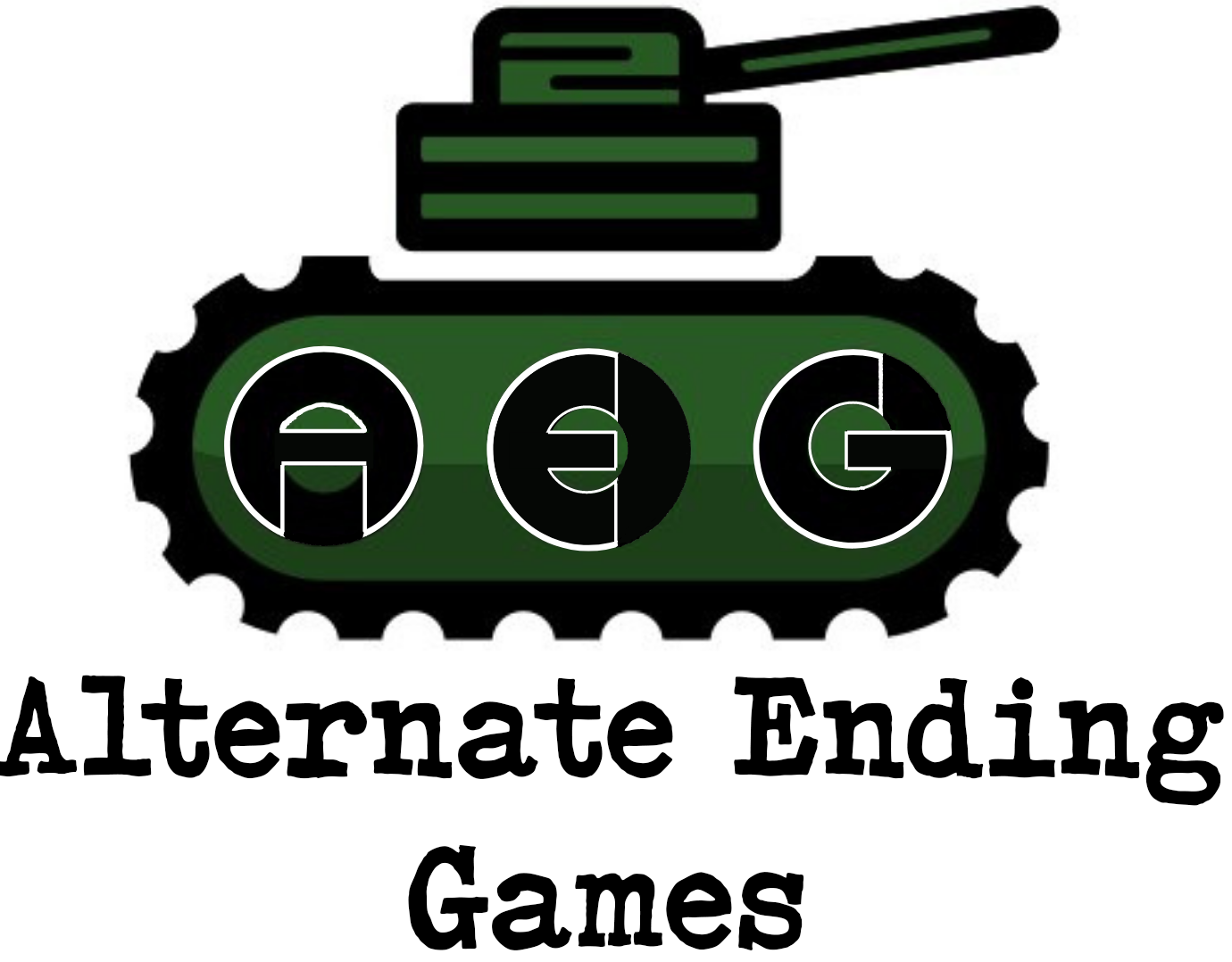- Home
- Sale
- New Arrivals
-
All Products
-
Browse by Type
-
Browse by Era
-
Browse by Country
-
- Shop By Category
- Packs
- Contact Us
- Custom Order
-
January 20, 2023

Start by coming up with a concept for your game. This could be a historical setting, a fictional world, or anything else that you find interesting. Think about what kind of game mechanics would work well in this setting and what kind of story or theme you want to convey. It's important to have a clear idea of what your game is about and what kind of experience you want your players to have.
Create a rough prototype of your game using basic materials like paper, cardboard, and dice. This will allow you to test out different mechanics and get a sense of how your game will play. Use this prototype to experiment with different game mechanics and see what works and what doesn't. This is a crucial step in the game design process, as it allows you to make changes and adjustments before you invest time and money into creating a final version of your game.
Playtest your game with friends and family. Gather feedback on what works well and what doesn't. Make changes to your game based on this feedback, and continue playtesting until you're happy with the final product. Playtesting is critical for identifying any issues or problems with your game and for making sure that it is fun and engaging for players.
Once you're happy with your game, it's time to create the final version. This will involve creating a board, cards, and other components. You can use software like Adobe Illustrator or Inkscape to create the art and layout for your game, or you can hire an artist to do it for you. Be sure to pay attention to the details, such as the font, iconography, and overall aesthetic, to make sure that your game looks polished and professional.
Finally, it's time to publish your game. You can self-publish your game or find a publisher. If you choose to self-publish, you'll need to handle the manufacturing and distribution of your game yourself. If you choose to find a publisher, they will handle these tasks for you, but they will also take a percentage of the profits. You can also consider Kickstarting your game to fund the manufacturing and distribution.
Remember, creating a board game can be a lot of work, but it can also be a lot of fun. Take the time to plan your game carefully and playtest it thoroughly, and you'll be well on your way to creating a game that people will enjoy playing.
January 21, 2023
January 21, 2023

